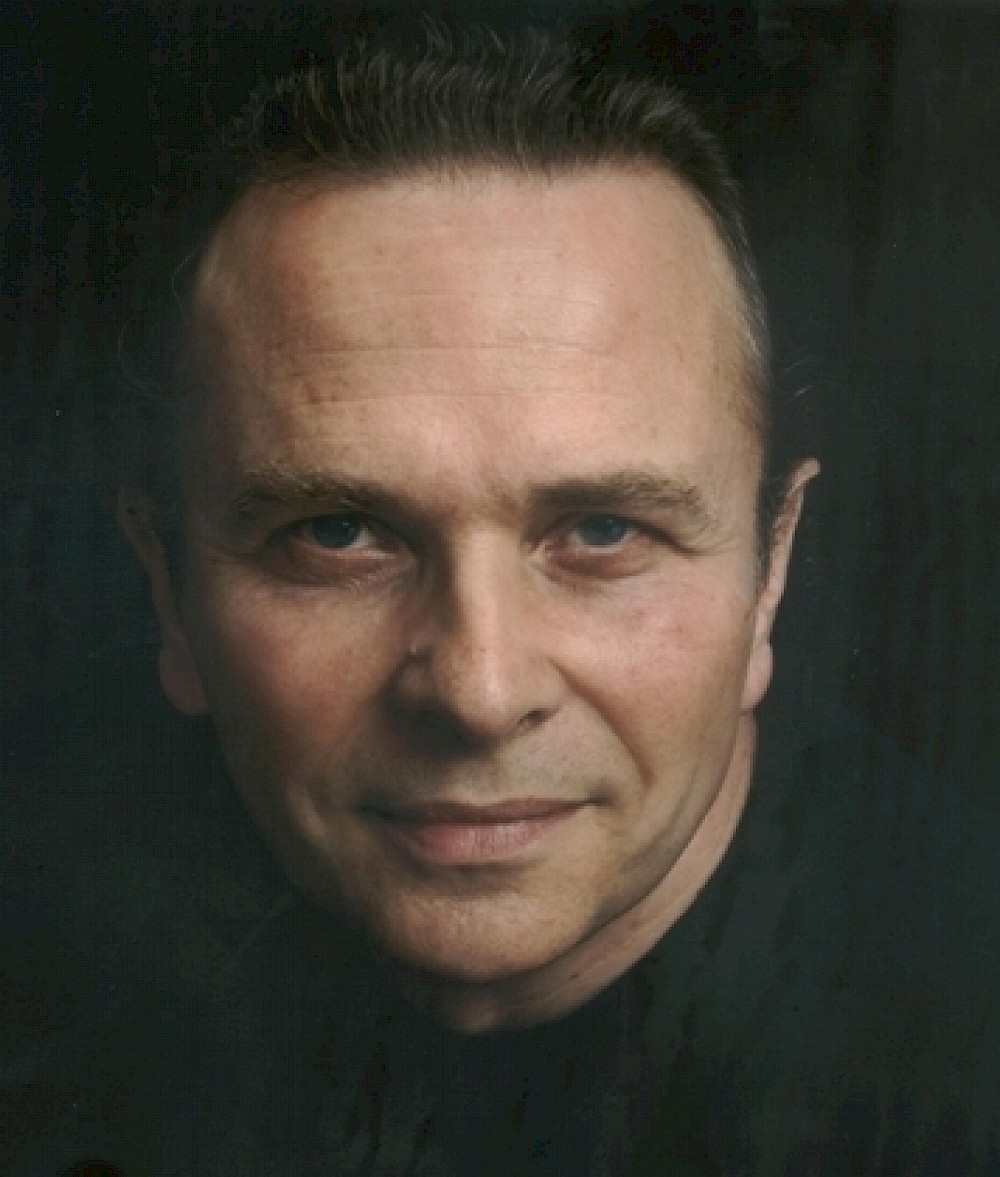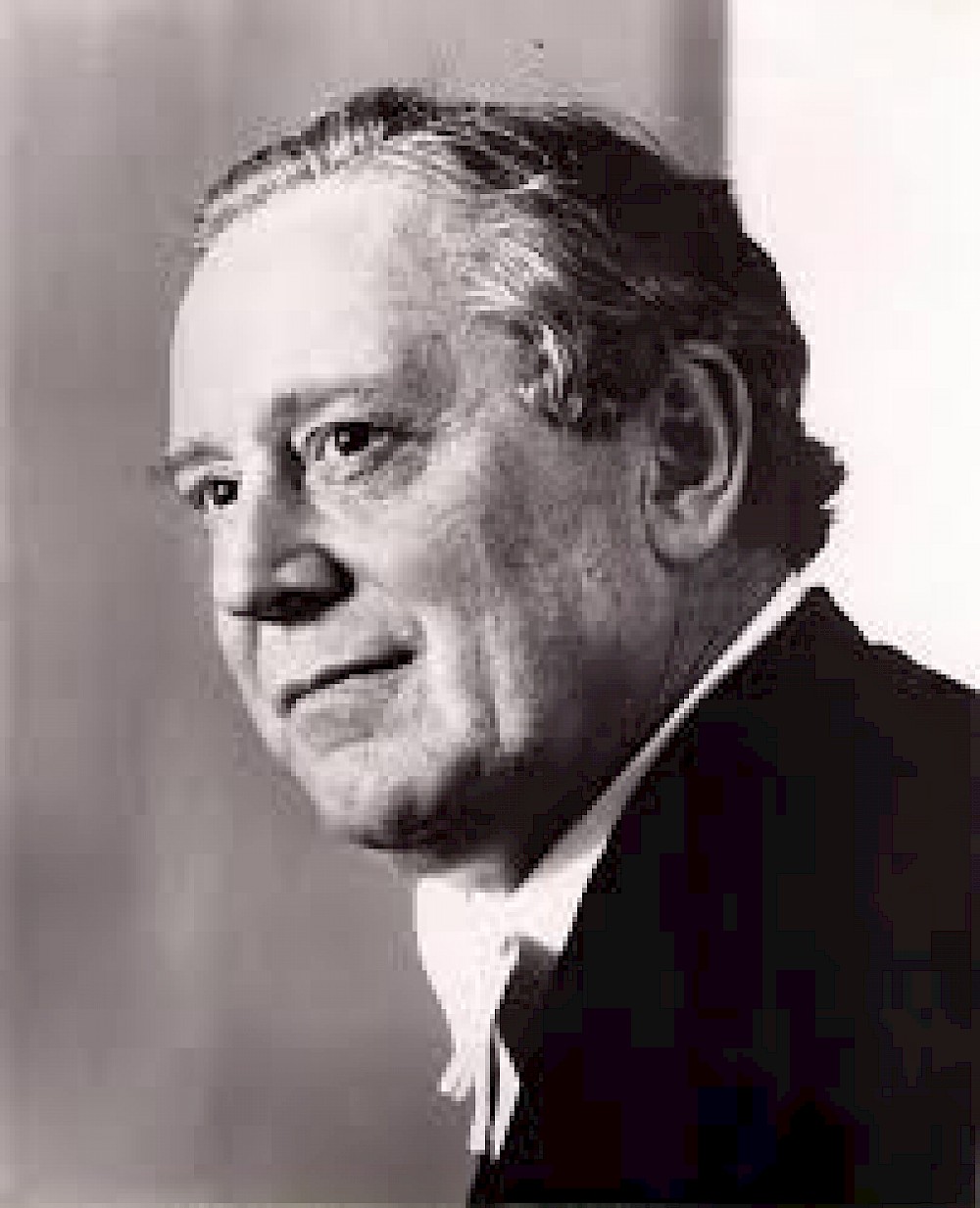
The Chorus returned to St Aidan’s with the Emerson Brass Ensemble for the 1981 Festival, with Finzi, Purcell, Tallis (Spem in alium), Mendelssohn and Holst. Conductors were Simon Wright and Giles Swayne. Handel’s Solomon, Holst’s Choral Symphony, Delius’s Sea Drift and Borodin’s Polovtsian Dances all involved the Chorus at the Town Hall. For the first time, there was a Festival Fringe. The Saturday evening concert was Beethoven’s Choral Symphony together with Bruckner’s Te Deum conducted by Erich Schmid. A Leeds Schools Festival took place in the Town Hall as well.

Verdi’s Requiem opened the 1983 Festival, conducted by Mark Elder. Ernest Bradbury in the Yorkshire Post wote:
Other works included Scriabin’s Prometheus, a new work by Edward Cowie – Choral Symphony – that had as its theme the relationship between music and painting, Haydn’s Harmoniemesse and Bach’s B Minor Mass.
The following year there were various discussions within the Chorus about flexibility and the ability to combine with other choirs when necessary. In that year the Chorus travelled to London to link up with the BBC Symphony Chorus and the London Philharmonic Choir for another successful performance of Verdi’s Requiem, conducted by Mark Elder, at the Royal Albert Hall as part of the Proms season.
Then came 1985, the year of the last Leeds Musical Festival, 127 years after the first.

Of course, it was not really the end, but the beginning of a new era. Long gone were the days when members of the Festival Chorus were drawn from thriving choral societies from all over the West Riding; when conductors, orchestras and soloists who were rarely heard there otherwise came to the city for one prestigious event. Now, in addition to a resident opera company – Opera North – at the Grand Theatre, a truly international pianoforte competition and a wide range of other musical activity, professional and amateur, classical and non-classical, the Leisure Services Department of Leeds City Council was providing a round-the-year programme – the Leeds International Concert Season – of high quality musical performances that had become the envy of many other towns and cities.
It was in this context that it was decided that Leeds Festival Chorus should become a completely independent, self-governing organization that could sing a repertory of works for which large numbers were not required. It would combine with other choirs when large numbers were in order. The old tradition of excellence would be continued, but the Chorus would look forward, taking a healthy interest in new works.
The Saturday evening concert in the Town Hall was Beethoven’s Missa Solemnis, sung in partnership with Leeds Philharmonic Chorus, conducted by Sir Charles Mackerras.
In 1986, Michael Tippett’s oratorio A Child of Our Time was performed in the Town Hall, with Andrew Lloyd Webber’s Requiem.
Michael Berkeley’s The Red Macula, based on the poetry of D H Lawrence, was the first commission undertaken by the new Leeds Festival Chorus. It was performed in 1989.